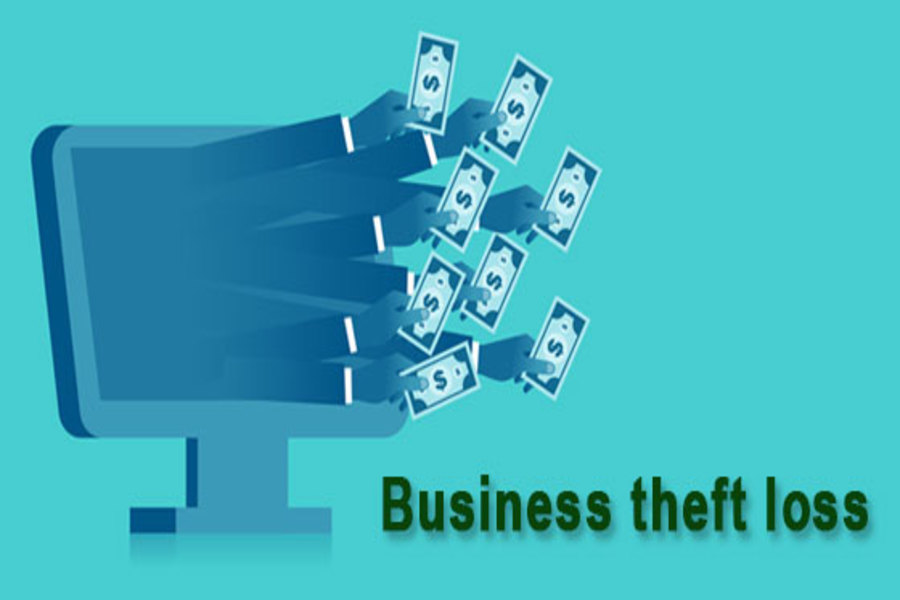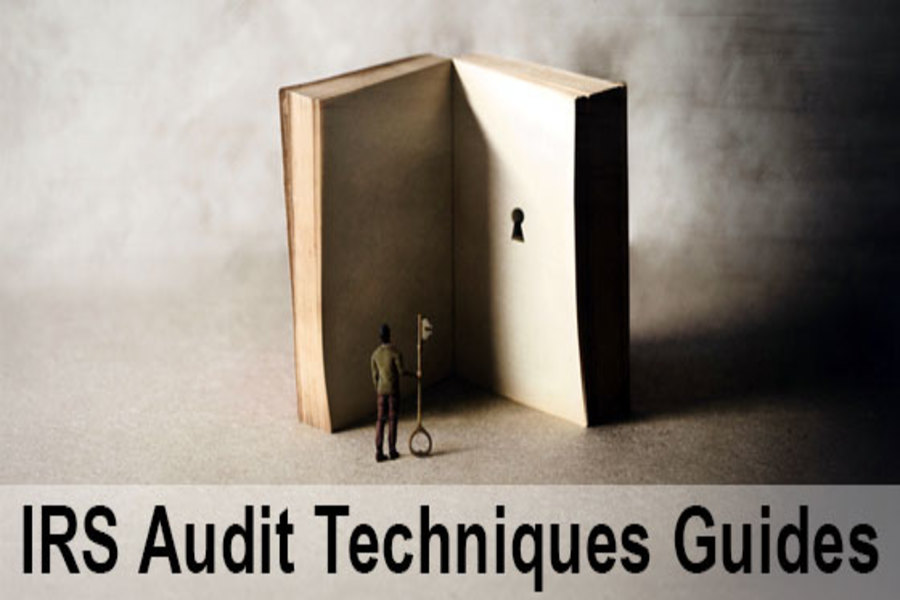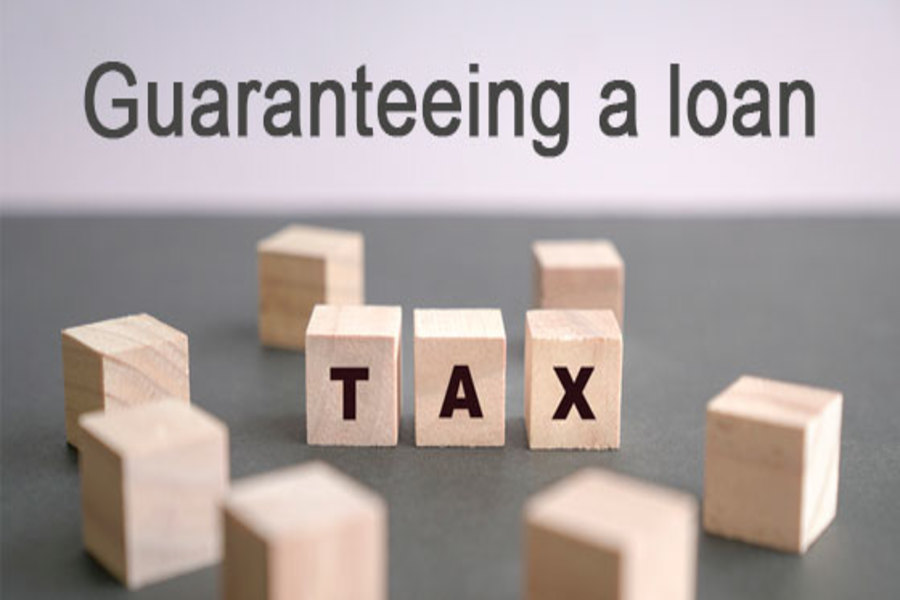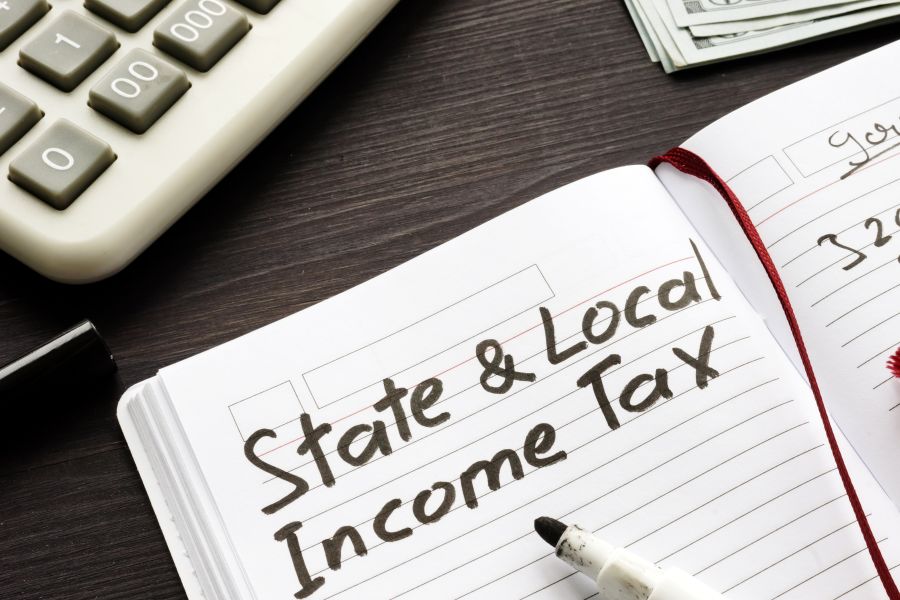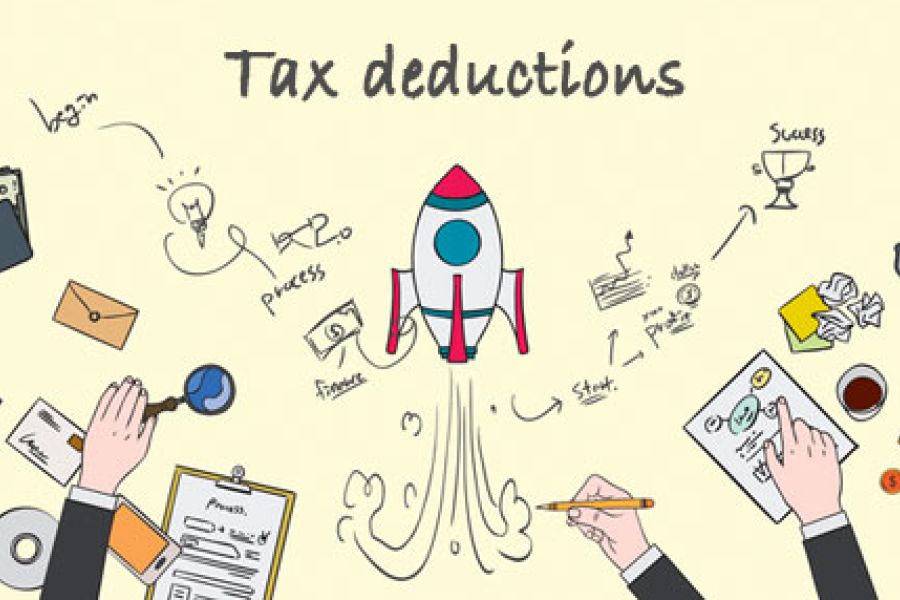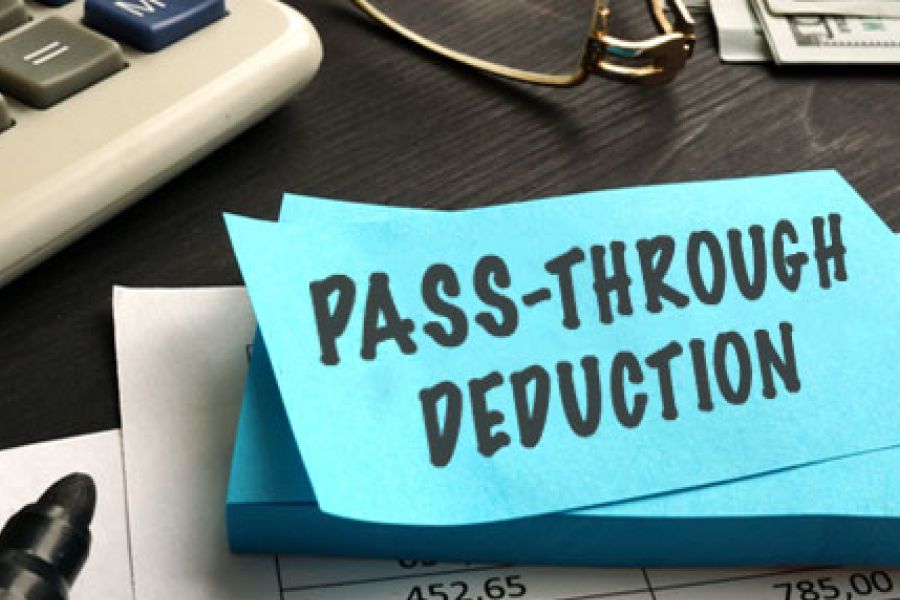If you use an automobile in your trade or business, you may wonder how depreciation tax deductions are determined. The rules are complicated, and special limitations that apply to vehicles classified as passenger autos (which include many pickups and SUVs) can result in it taking longer than expected to fully depreciate a vehicle. Cents-per-mile vs. actual expenses First, note that separate depreciation calculations for a passenger auto only come into play if you choose to use the actual expense method to calculate deductions. If, instead, you use the standard mileage rate (56 cents per business mile driven for 2021), a depreciation allowance is built into the rate. If you use the actual expense method to determine your allowable deductions for a passenger auto, you must make a separate depreciation...

As posted to the Naomi Brockwell YouTube Channel on 4/30/21 (Run Time: 8 min, 13 sec) In this informative video from her Privacy Series, Naomi Brockwell compares the most popular browser options available to help you make an informed decision as to which will work best for your personal situation. With web browsers being your interface to the Internet, it is not surprising that they become the target of companies or hackers who want to collect information about you. In addition to websites being able to track you, browsers themselves can also send back information about you to the browser’s parent company for them to monetize. The major browsers discussed in this clip are Chrome, Safari, Mozilla Firefox, Tor Browser, Microsoft Edge, and Brave. (This is Blog Post #1096) Naomi...
California Assembly Bill No. 50 (AB-50) established the California Main Street Small Business Tax Credit II, which will provide COVID-19 financial relief to qualified small business employers. Overview Beginning 11/1/21, and ending 11/30/21, the California Department of Tax and Fee Administration (CDTFA) will be accepting applications through their online reservation system for qualified small business employers to reserve $1,000 per net increase in qualified employees, not to exceed $150,000. Tentative credit reservation amounts will generally be reduced by credit amounts reserved or received under the first Main St. Small Business Tax Credit. The credits are reserved on a first-come, first-served basis. Qualified small businesses will be able to offset either their income taxes or their sales and use taxes with the credit when filing their returns. Qualifications This credit...
A business may be able to claim a federal income tax deduction for a theft loss. But does embezzlement count as theft? In most cases it does but you’ll have to substantiate the loss. A recent U.S. Tax Court decision illustrates how that’s sometimes difficult to do. Basic rules for theft losses The tax code allows a deduction for losses sustained during the taxable year and not compensated by insurance or other means. The term “theft” is broadly defined to include larceny, embezzlement and robbery. In general, a loss is regarded as arising from theft only if there’s a criminal element to the appropriation of a taxpayer’s property. In order to claim a theft loss deduction, a taxpayer must prove: The amount of the loss, The date the...
In order to prepare for a business audit, an IRS examiner generally does research about the specific industry and issues on the taxpayer’s return. Examiners may use IRS “Audit Techniques Guides (ATGs).” A little-known secret is that these guides are available to the public on the IRS website. In other words, your business can use the same guides to gain insight into what IRS auditors know, and what the IRS is looking for in terms of compliance with tax laws and regulations. Many ATGs target specific industries or businesses, such as new vehicle dealerships, construction, aerospace, art galleries, architecture and veterinary medicine. Others address issues that frequently arise in audits, such as executive compensation, passive activity losses and capitalization of tangible property. Unique issues IRS auditors need to...
What if you decide to, or are asked to, guarantee a loan to your corporation? Before agreeing to act as a guarantor, endorser or indemnitor of a debt obligation of your closely held corporation, be aware of the possible tax consequences. If your corporation defaults on the loan and you’re required to pay principal or interest under the guarantee agreement, you don’t want to be blindsided. Business vs. non-business If you’re compelled to make good on the obligation, the payment of principal or interest in discharge of the obligation generally results in a bad debt deduction. This may be either a business or a non-business bad debt deduction. If it’s a business bad debt, it’s deductible against ordinary income. A business bad debt can be either totally...
While Congress develops legislation that would eliminate, and/or otherwise mitigate, the current TCJA implemented state and local tax (SALT) limit on an individual taxpayer's ability to take the itemized deduction for state and local taxes, California has just passed legislation which offers a work-around that will allow many Californians to mitigate the effects of the current $10,000 federal limitation on SALT deductions. On 7/16/2021, Governor Newsom signed into law AB-150, which provides a means by which certain pass-through entities (Qualified Entities) can make an election to pay California income tax (at the entity-level) on behalf of their owners, for which their consent must be given. The benefits yielded could be substantial for pass-through entity owners for which work-around makes sense. Curiously the IRS has approved these...
Despite the COVID-19 pandemic, government officials are seeing a large increase in the number of new businesses being launched. From June 2020 through June 2021, the U.S. Census Bureau reports that business applications are up 18.6%. The Bureau measures this by the number of businesses applying for an Employer Identification Number. Entrepreneurs often don’t know that many of the expenses incurred by start-ups can’t be currently deducted. You should be aware that the way you handle some of your initial expenses can make a large difference in your federal tax bill. How to treat expenses for tax purposes If you’re starting or planning to launch a new business, keep these three rules in mind: Start-up costs include those incurred or paid while creating an active trade or business...
There’s a harsh tax penalty that you could be at risk for paying personally if you own or manage a business with employees. It’s called the “Trust Fund Recovery Penalty” and it applies to the Social Security and income taxes required to be withheld by a business from its employees’ wages. Because taxes are considered property of the government, the employer holds them in “trust” on the government’s behalf until they’re paid over. The penalty is also sometimes called the “100% penalty” because the person liable and responsible for the taxes will be penalized 100% of the taxes due. Accordingly, the amounts IRS seeks when the penalty is applied are usually substantial, and IRS is aggressive in enforcing the penalty. Wide-ranging penalty The Trust Fund Recovery Penalty is...
Are you eligible to take the deduction for qualified business income (QBI)? Here are 10 facts about this valuable tax break, referred to as the pass-through deduction, QBI deduction or §199A deduction. It’s available to owners of sole proprietorships, single member limited liability companies (LLCs), partnerships and S corporations. It may also be claimed by trusts and estates. The deduction is intended to reduce the tax rate on QBI to a rate that’s closer to the corporate tax rate. It’s taken “below the line.” That means it reduces your taxable income but not your adjusted gross income. But it’s available regardless of whether you itemize deductions or take the standard deduction. The deduction has two components: 20% of QBI from a domestic business operated as...





